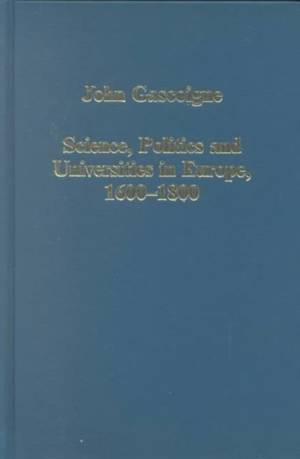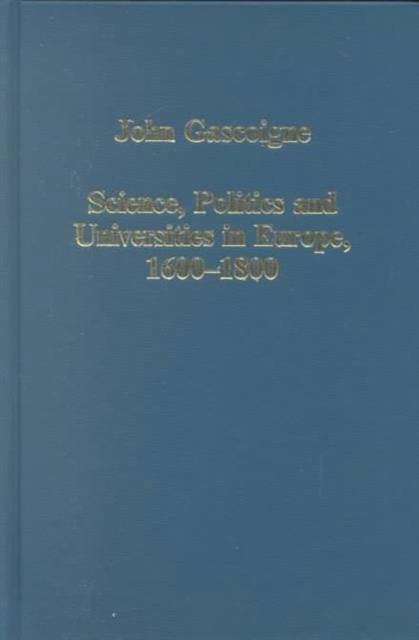
- Afhalen na 1 uur in een winkel met voorraad
- Gratis thuislevering in België vanaf € 30
- Ruim aanbod met 7 miljoen producten
- Afhalen na 1 uur in een winkel met voorraad
- Gratis thuislevering in België vanaf € 30
- Ruim aanbod met 7 miljoen producten
Zoeken
Omschrijving
This book seeks to illustrate the interconnections of science and philosophy with religion and politics in the early modern period by focusing on the institutional dynamics of the university. Much of the work is devoted to one key university- that of Cambridge- and examines the major issues of the institutional setting of Newton's work, the religious and political circumstances that favoured its dissemination, and the way in which it was dealt with in the curriculum. But the author also seeks to place the problem of the role of science in the early modern university in a larger, European context. To do so, he includes a close prosopographical analysis of the scientific community from the mid-15th TO the end of the 18th century, and discusses the complex relations between the universities and the Enlightenment.
Specificaties
Betrokkenen
- Auteur(s):
- Uitgeverij:
Inhoud
- Aantal bladzijden:
- 304
- Taal:
- Engels
- Reeks:
- Reeksnummer:
- nr. 636
Eigenschappen
- Productcode (EAN):
- 9780860787679
- Verschijningsdatum:
- 28/01/1999
- Uitvoering:
- Hardcover
- Formaat:
- Genaaid
- Afmetingen:
- 149 mm x 224 mm
- Gewicht:
- 526 g

Alleen bij Standaard Boekhandel
+ 103 punten op je klantenkaart van Standaard Boekhandel
Beoordelingen
We publiceren alleen reviews die voldoen aan de voorwaarden voor reviews. Bekijk onze voorwaarden voor reviews.











